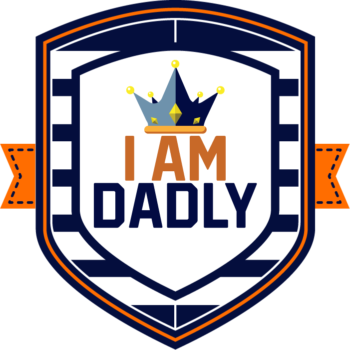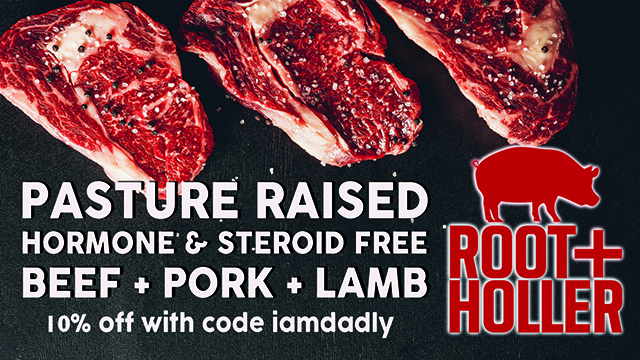
We continue our Dadly Daily Declaration series with readings from The Passion Paradox by authors Brad Stulberg and Steve Magness. This new tome from Stulberg and Madness aims to demystify passion and show readers how they can find and cultivate their passion, sustainably harness its power, and avoid its dangers.
Here are a few gems from today’s reading:
- Whether you become passionate about someone or something, the reaction is much the same. Your world narrows and the only thing that seems to matter is the object or activity of desire. Your romantic crush becomes all you can think about. You can’t step away from the canvas. Even though your body is at dinner with your family, your mind is elsewhere, fixated on the new product you’re launching or how you could rewrite the second sentence in the fifth paragraph on the thirty-fourth page of your book. Complete tunnel vision. Full-on immersion. Passion’s got ahold of you. This overwhelming feeling of attachment is birthed deep in our brain, where it’s fueled by a powerful neurochemical called dopamine. Dopamine excites and arouses us, focusing our attention on whatever it is we are working toward.
- Under dopamine’s influence, we feel revved up and alive. As dopamine courses through our brain, making its way from the primitive areas to more recently evolved ones, it sets off a cascade of neural reactions that push us toward a goal and create an expectation that a reward will soon follow.
- When you’re under passion’s spell, the reward you think you’re chasing—usually some sort of contentment or satiation—is merely an illusion.
- Our species evolved so that dopamine—the striving neurochemical—gives rise to feelings of intense desire and often overpowers other neurochemicals that make us feel content and satisfied. We don’t get hooked on the feeling associated with achievement, we get hooked on the feeling associated with the chase.
- The more someone repeats an activity—especially ones that yield positive feedback, be it winning gold medals, achieving promotions, or luring in romantic partners—the more they crave dopamine. Each time we pursue such endeavors, dopamine is released, increasing our arousal, attention, and motivation. Over time, and in a process similar to other addictive substances, our brains become less sensitive to dopamine, meaning we need more of it to feel good. This craving, if you will, leads us back to the pursuit, which triggers the release of yet more dopamine. And so a cycle of longing, and one that is inherently resistant to contentment, persists. It’s worth reiterating that this cycle is a natural one. It results from our evolutionary programming, which pushes us to become addicted to the pursuit of rewards, not the achievement of them.

Today’s Dadly Daily Declaration is this:
A part of what we experience as passion is rooted in our genetic code and amplified by our neurochemistry. Some of us may be born with a persistent disposition, yet all of us can get hooked on the repetition of meaningful activities, whether this means seeing progress in training for a marathon, learning to play guitar, building a company, accelerating in one’s career, or falling deeper into a romantic relationship.
We’re not wired to simply be content. We’re wired to keep pushing.





